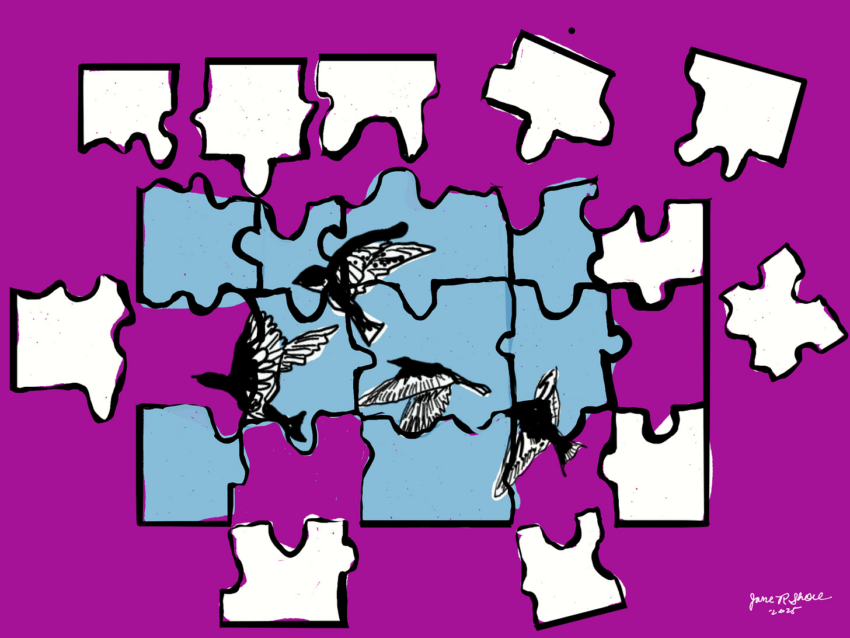Dear (School of)Thoughtful Readers,
I don’t try to predict the future of learning, but I do think about it a lot.
I find myself searching for new ideas from the collective, jumping into things that have promise to find out what’s working. I want to learn what’s worth paying closer attention to right now. And co-create models and frameworks that make ideas usable.
I am grateful to be able to curate the stories, try out elements that are on the tip of what we know is good.
But lately, I’ve been asking a slightly different question. Across schools, businesses, and homes, learning is being rethought. Big changes are happening. (We need them.)
I wonder: Are we taking action on what we know?
Spending time doing “applied” research that never meets practice for a variety of reasons has kept me working and wondering toward a future where the two meet. My colleague and author of and I wrote this piece about it.
This is not just about new systems or new tech (there is a lot of that), but for a new understanding of what learning is for… and WHO it’s meant to serve.
(Who is school really for?)
So this has brought me to this central focus lately.
As we reshape the future of school, we need to put people back at the center of it.
The Big Idea
The shape of school is changing fast. These shifts are real and exciting. But if we want those changes to stick, we have to stay grounded in human connection.
Tools and content aren’t enough. We learn not just from information, but with and through each other. That’s the heart of People-Based Learning, a way of thinking about education that’s rooted in connection, reflection, and shared action.
So here are five big, research-informed realities I see as shaping the present (and yes, maybe also the future) of school ~ with a clear thread of humanity running through them.
#1. Content quality is going up, and creators are multiplying.
But without connection, content is just noise.
We’re seeing an explosion of high-quality, low-cost content designed by new creators and platforms. That’s really good news.
But the most powerful learning doesn’t happen because content exists. It happens when someone, a teacher, mentor, parent, peer, helps you make sense of it.
When someone sees you, challenges you, believes in you. Humans are essential in this race for change.
Example Program: Khan Lab School pairs online mastery-based content with human-centered studio time, peer coaching, and mentorship.
PeBL Principle: Sensemaking is social. Even the best content needs a relational container, someone who sees you and helps you connect the dots.
Click this link for the original source of this article.
Author: Dr. Jane R. Shore
This content is courtesy of, and owned and copyrighted by, https://schoolofthought.substack.com and its author. This content is made available by use of the public RSS feed offered by the host site and is used for educational purposes only. If you are the author or represent the host site and would like this content removed now and in the future, please contact USSANews.com using the email address in the Contact page found in the website menu.









